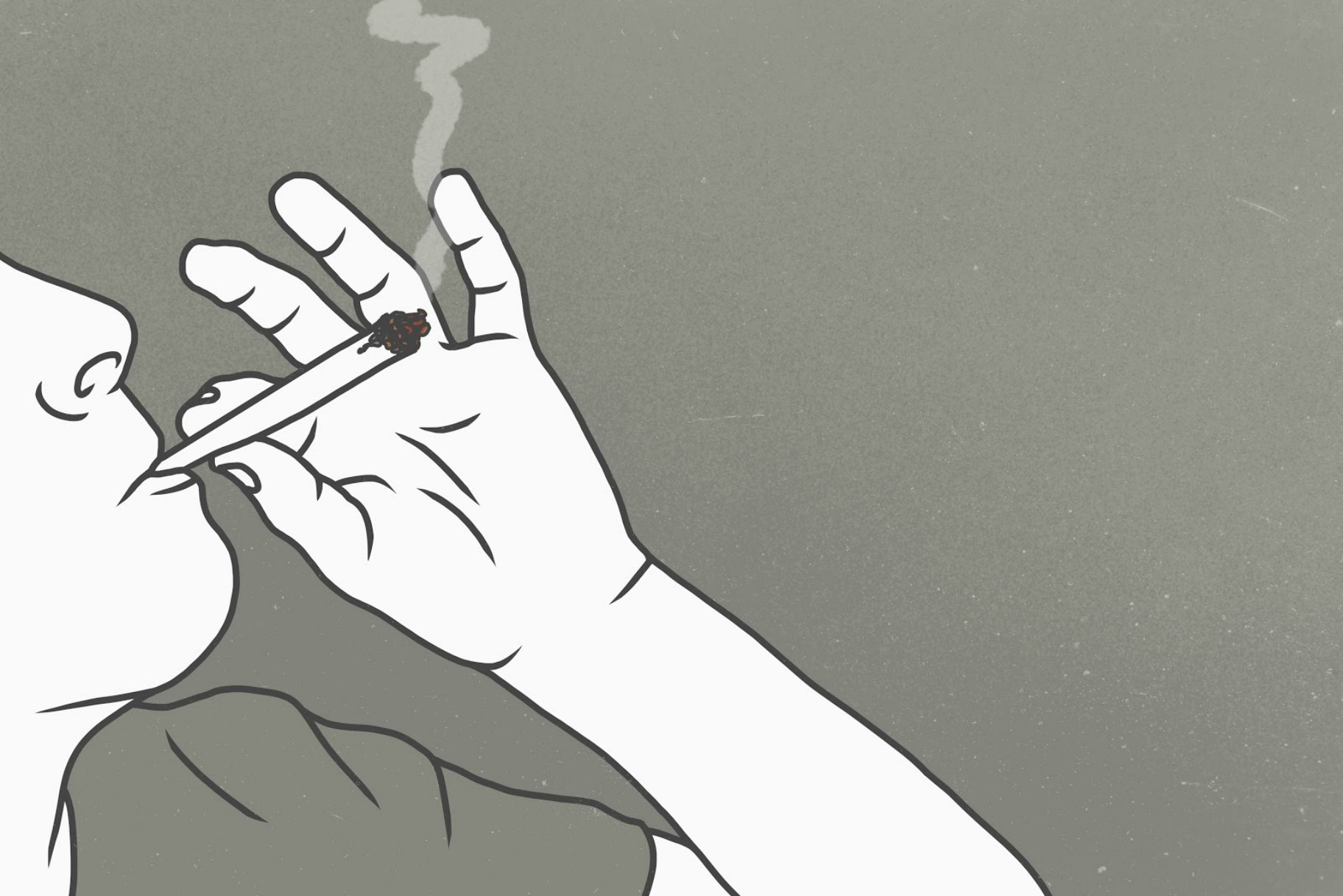Create a free profile to get unlimited access to exclusive videos, breaking news, sweepstakes, and more!
Marijuana Could Help Addicts Relapse Less, Study Finds
Weed may have unforeseen uses for drug and alcohol addicts.

When it comes to fighting drug and alcohol addictions, marijuana may be a powerful secret weapon.
According to a study recently published in “Neuropsychopharmacology,” cannabidiol, or CBD — a substance found in cannabis — could potentially reduce the risk of relapse in patients recovering from drug or alcohol addiction, Fortune reports.
The preclinical study, performed by scientists from the Scripps Research Institute in San Diego, California, used rats to study the non-psychoactive and non-addictive ingredient. The animals voluntarily consumed alcohol or cocaine each day until they exhibited addiction-like behavior. Researchers then applied a gel containing CBD once per day for a week to the skin of the affected rats. During a variety of tests that involved stressful situations, CBD was shown to reduced the chances of relapse, in addition to reducing anxiety and impulsivity.
CBD was also shown to have long-lasting effects. The rats treated with CBD were still less likely to relapse 5 months later, long after the CBD had left their systems and the experiment had been completed. So could this be an answer to drug addiction in humans?
“The efficacy of the cannabinoid [CBD] to reduce reinstatement in rats with both alcohol and cocaine — and, as previously reported, heroin — histories predicts therapeutic potential for addiction treatment across several classes of abused drugs,” wrote Friedbert Weiss, leader of the investigative team.
The legalization of cannabis remains a highly debated topic, despite the potential health benefits. Earlier this month, researchers found that states that allowed the use of medical marijuana had lower rates of opioid prescriptions. Could this mean that marijuana could be a solution to our nation’s drug problem? Considering that more than 115 people die of opioid overdoses every day, it’s a question worth considering.
(Photo: Cropped image of man smoking marijuana against gray background. Via Getty Images)














